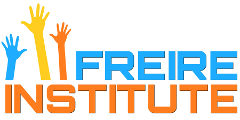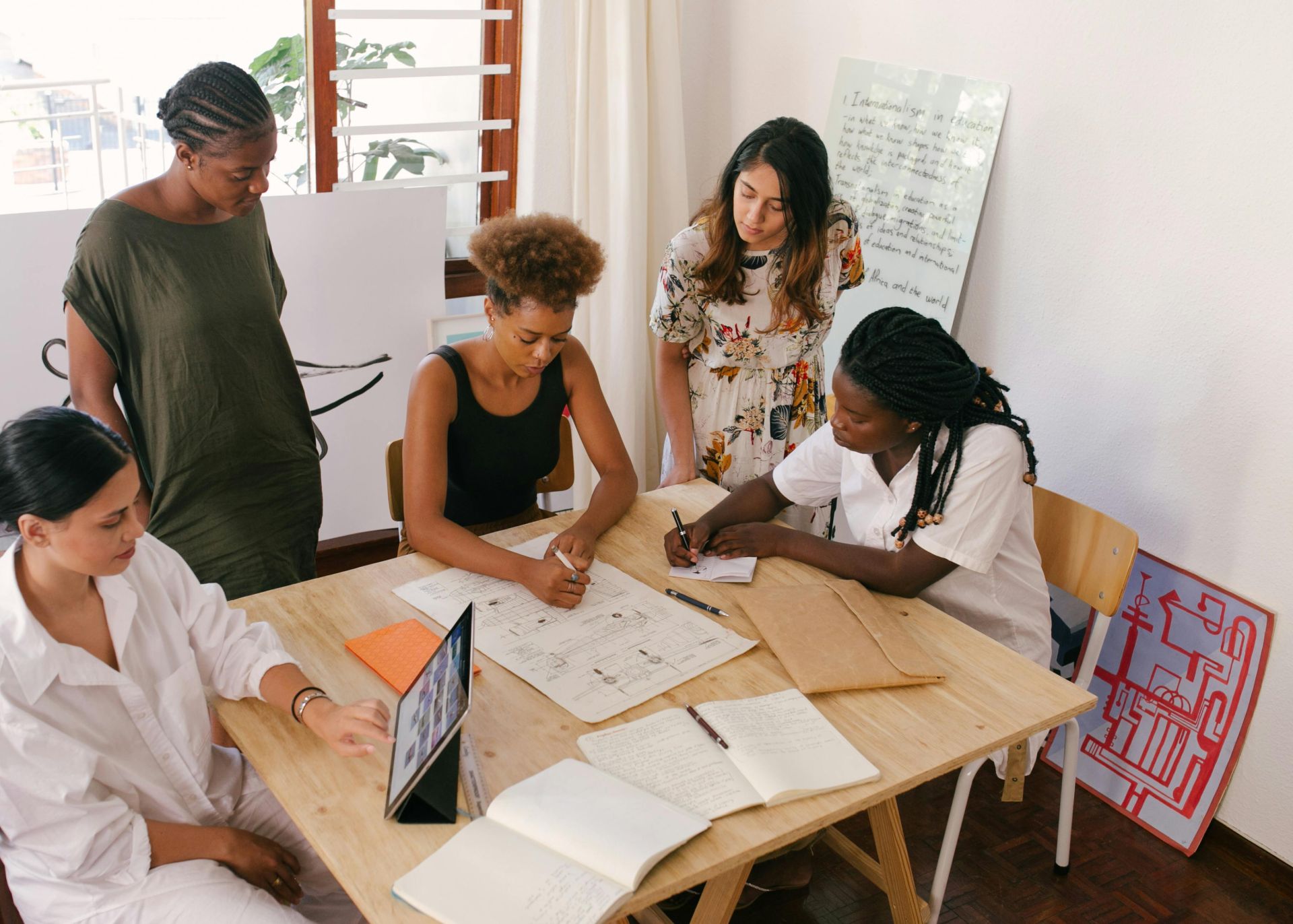How a Brazilian educator changed the way we think about learning—and liberation
Paulo Freire's revolutionary ideas about education and social change continue to inspire activists and educators worldwide. He showed us how to connect real-world problems to creating positive change, and how to 'read' the society around us with a critical eye. Freire’s work has influenced people working in education, community development, community health and many other fields. Freire developed an approach to education that links the identification of issues to positive action for change and development. While his original work was in adult literacy, his approach leads us to think about how we can ‘read’ the society around us.
In the accompanying video, Freire shares his insights on curiosity, critical thinking, and the enduring power of hope. It is a profound reflection on learning, summed up in Freire's words, "Education must be an act of love, and thus, an act of courage."
For Freire, the educational process is never neutral. Freire believed that education should empower people, not simply fill their heads with facts. He contrasted 'banking education' (like a classroom where students just memorize information) with 'problem-posing education' (where students actively explore, solve real-world problems and become active participants). He also introduced concepts like the 'culture of silence' (in which people feel powerless to change their situation), and 'conscientization' (analyzing social reality, and acting to change it).
Freirean education is dynamic and participatory. A typical feature of Freire-type education is that people bring their own knowledge and experience into the process, using it as a starting point for analysis and vision-building. Informal education is typically undertaken in small groups with lively interaction and can embrace not only the written word but art, music and other forms of expression.
But where do you start? Don't be put off by the complex language you find in Pedagogy of the Oppressed. To begin to understand Freire, his book A Pedagogy for Liberation (with Ira Shor) is a good starting point, due to its accessible format and direct tackling of the relationship between education, politics and power. You could also read We Make the Road by Walking (with Myles Horton), which brings concepts to life in a very accessible way.
You can also explore our resources to learn more about Freire's philosophy and pedagogical approach, as well as how his ideas are being applied in communities around the world. If you want to help put some of these ideas into practice, consider becoming a member or joining one of our programmes.
For Freire, the educational process is never neutral. Freire believed that education should empower people, not simply fill their heads with facts. He contrasted 'banking education' (like a classroom where students just memorize information) with 'problem-posing education' (where students actively explore, solve real-world problems and become active participants). He also introduced concepts like the 'culture of silence' (in which people feel powerless to change their situation), and 'conscientization' (analyzing social reality, and acting to change it).
Freirean education is dynamic and participatory. A typical feature of Freire-type education is that people bring their own knowledge and experience into the process, using it as a starting point for analysis and vision-building. Informal education is typically undertaken in small groups with lively interaction and can embrace not only the written word but art, music and other forms of expression.
But where do you start? Don't be put off by the complex language you find in Pedagogy of the Oppressed. To begin to understand Freire, his book A Pedagogy for Liberation (with Ira Shor) is a good starting point, due to its accessible format and direct tackling of the relationship between education, politics and power. You could also read We Make the Road by Walking (with Myles Horton), which brings concepts to life in a very accessible way.
You can also explore our resources to learn more about Freire's philosophy and pedagogical approach, as well as how his ideas are being applied in communities around the world. If you want to help put some of these ideas into practice, consider becoming a member or joining one of our programmes.
Join our community of practice



